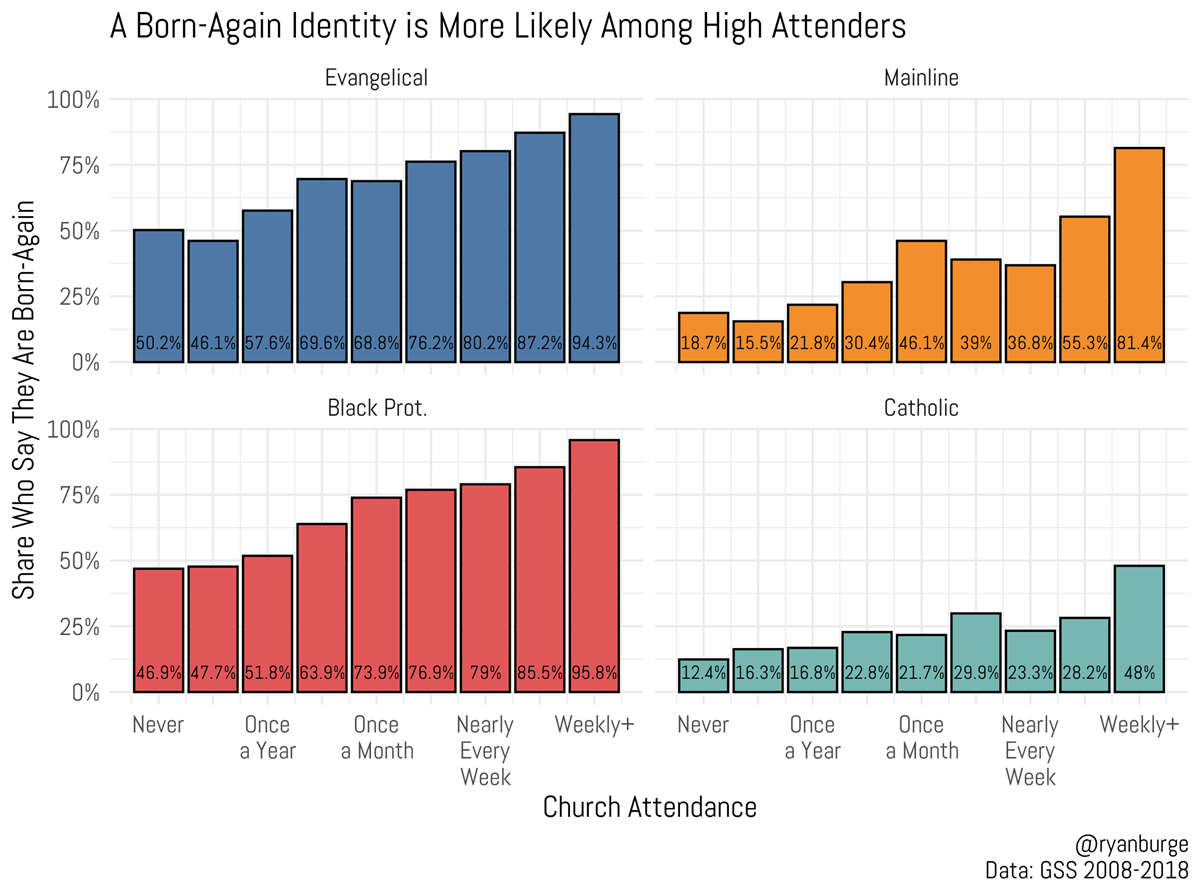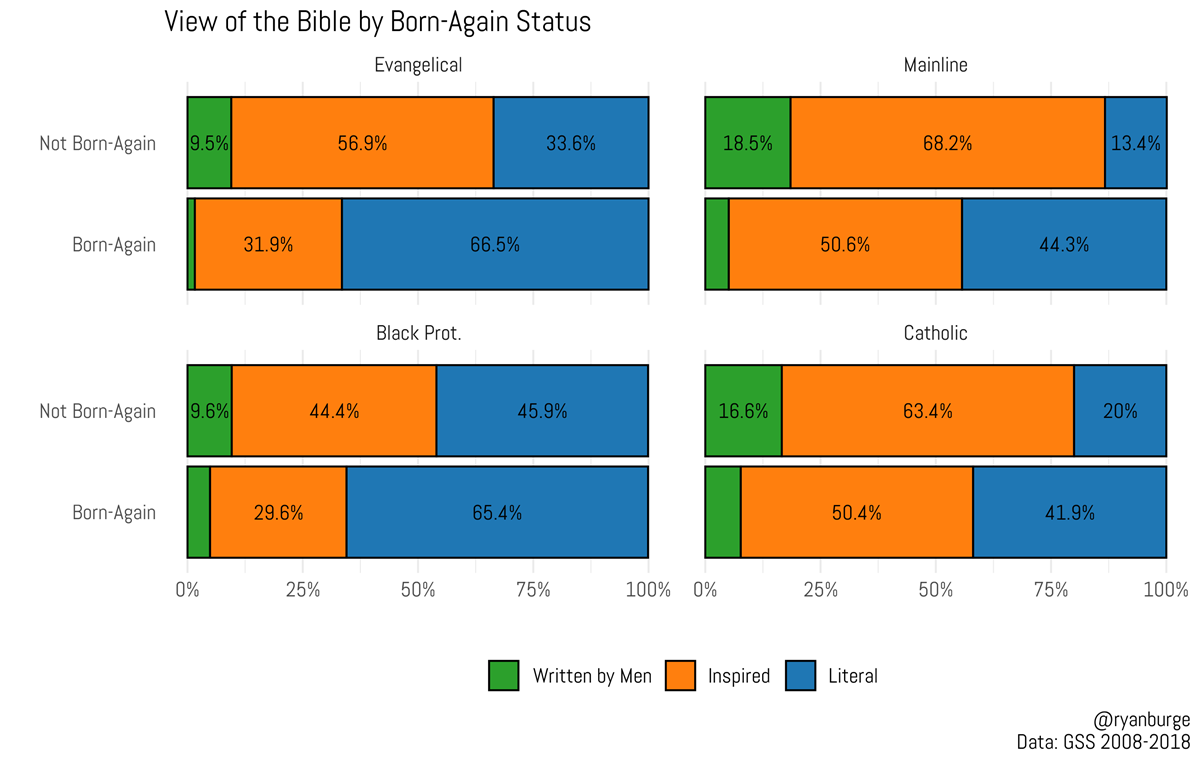 |
| Downtown Franklin during last year's Witch Walk |
As many of you in the Franklin area will have noticed, a post on the St. Patrick Parish Facebook page yesterday has gone viral (800+ shares and 3k plus comments on the original post in the first 24 hours, that's a whole lot for our small town). Here is the yourerie.com news story about the drama that has been unfolding.
While I have no desire to engage in the argumentation about the post's topic (their opposition to the upcoming Franklin Retail & Business Association's sponsored Halloween themed shopping event called the Witch Walk), and will gladly delete those who comment in that direction, this is absolutely a teachable moment with respect to Christian discipleship and engagement in the world.
Today's Wednesday AM Bible Study had come to 1 Corinthians 5:12-13: 12 What business is it of mine to judge those outside the church? Are you not to judge those inside? 13 God will judge those outside. “Expel the wicked person from among you.”
Bible Study video, 1 Corinthians 5:12-13 {We talked about this topic during the first 30 minutes of Bible Study, if you want to engage more deeply on the topic, watching it is a good place to start.}
This text leads us to an important question: When should Christians, in a free society like ours (we are indeed blessed with Freedom of Speech and Freedom of Religion), engage in the culture at-large by either supporting or opposing what is happening around them? In other words, when is what happens outside of the Church our business?
Some important context:
(1) The mandate to protect the innocent from violence/exploitation/oppression supersedes this. If/when that is what is happening, it is not a question of choice but an obligation, Christians must intervene, to the best of their ability, to protect those in need. This then explains why Christians ought to speak out and fight against racism, injustice, homelessness, sexual abuse, violence, fraudulent practices, cults, and the like. Real people are being hurt and even if that action is taking place outside of the Church (God forbid it is happening inside the Church, in that case our mandate is even stronger), we ought to act. {Example: The Abolitionist and Civil Rights Movements, Dietrich Bonhoeffer and the Confessing Church, etc.}
(2) When the topic is illegality, it isn't an option for the Church to handle it "in house." This was one of the great sins of the clergy sex abuse scandal, to think that such illegal and evil acts could be dealt with through counseling and church discipline while at the same time hiding the truth from the proper legal authorities. As Paul makes clear in Romans 13, we have human governments for a reason, when behavior is criminal (assuming the law itself is not immoral) the justice system is the primary remedy.
(3) Our house will always be made at least partly of glass. The obvious and expected response to any negative cultural engagement on the part of the Church (officially through leadership or on the individual member level) is to point out the hypocrisy of all of the ways in which the Church, past and present, has failed to live up to the high standard of Christ-likeness. That this objection is valid, those sins truly do stain the Bride of Christ, means that this will always be an impediment if/when the Church decides to take a side in a cultural issue. If the response is to downplay or deny the evil that has been done by those who claim the name of Christian, it will only make matters worse.
(4) Hyperbole doesn't help matters. I've often seen Christians take an issue that has some objectionable content in it and make it out to be something that Satan himself created. The sky isn't falling, the Devil doesn't lurk behind every corner, and not everything is wholly evil that we take issue with. Before we start yelling, "Burn the witches!" we'd better know if there are actual witches involved, actual pagan worship, and not just play acting. By the way, even if there are real-life witches involved, the answer is never "burn them!", it is always pray for them and love them, for only Good can overcome Evil, utilizing different kinds of evil as a weapon is always counter-productive.
To sum up: I know well-meaning and God honoring Christians who are worried and want to do something about a whole range of issues, including the Witch Walk, and I know well-meaning and God honoring Christians who look at those same issues, including the Witch Walk, and come to a different conclusion. Where one sees evil, the other seems harmless fun, where one sees a cause to champion, the other says, "Live and let live." Because I believe so strongly in the breadth and depth of the Church in our world, I both expect and celebrate this diversity of viewpoint. God has called so many people out of the darkness and into the light, from so many different backgrounds and experiences, that it would be folly to expect us all to look out at the complex world we live in and see it in exactly the same ways. We are indeed one body, but designed to be many parts, and that's a good thing.
In the end, what we need is compassion, dialogue, patience, hope, and the willingness to agree to disagree. These aren't the qualities that make good "click bait", but they are the ones that help us develop the Fruit of the Spirit and make a true positive impact upon the world that we live in.
* Note * This is not a pagan religious event, those wanting to share opinions about freedom of religion or the separation of Church and State are barking up the wrong tree, it is a business venture, and attempt to encourage shopping in the downtown district.
* Final note * In a deep irony that was expected, the local Torah Club leaders have praised the efforts of St. Patrick's social media account to "combat evil" and "stand for the Gospel", even going so far as to praise the Catholic Church (For context on why that is unusual, First Fruits of Zion, their parent organization, is strongly Anti-Catholic to its core). This support from the Torah Clubs is deeply ironic for two reasons: (1) the Gospel itself is not at stake in this question, the Witch Walk is not an event where a version of the Gospel is being proclaimed in any way shape or form, thus whether or not a pastor or church supports, opposes, or says nothing about it, it is not matter of "standing for the Gospel." (2) The Torah Clubs are 100% committed to overturning and replacing the Gospel as it has been preached for the past 2,000 years (replacing it with Torah observance as the true measure of devotion to Jesus), and the Franklin Christian Ministerium has spent the last year fighting against their malign influence and proselytizing of church members.
Update 9/19/23: explorevenango.com, a website that publishes local news, wrote a story about the original post, how it targeted the Chamber unfairly, the uproar, and subsequent events. I found it to be accurate and even-handed: Controversy Brewing Over Franklin Witch Walk - By Gavin Fish, October 18, 2023
Update 9/20/23: The News-Herald/Derrick, our joint Franklin-Oil City newspaper, wrote about all this in Friday's paper, below are photos of the story for those who don't live in the area.










